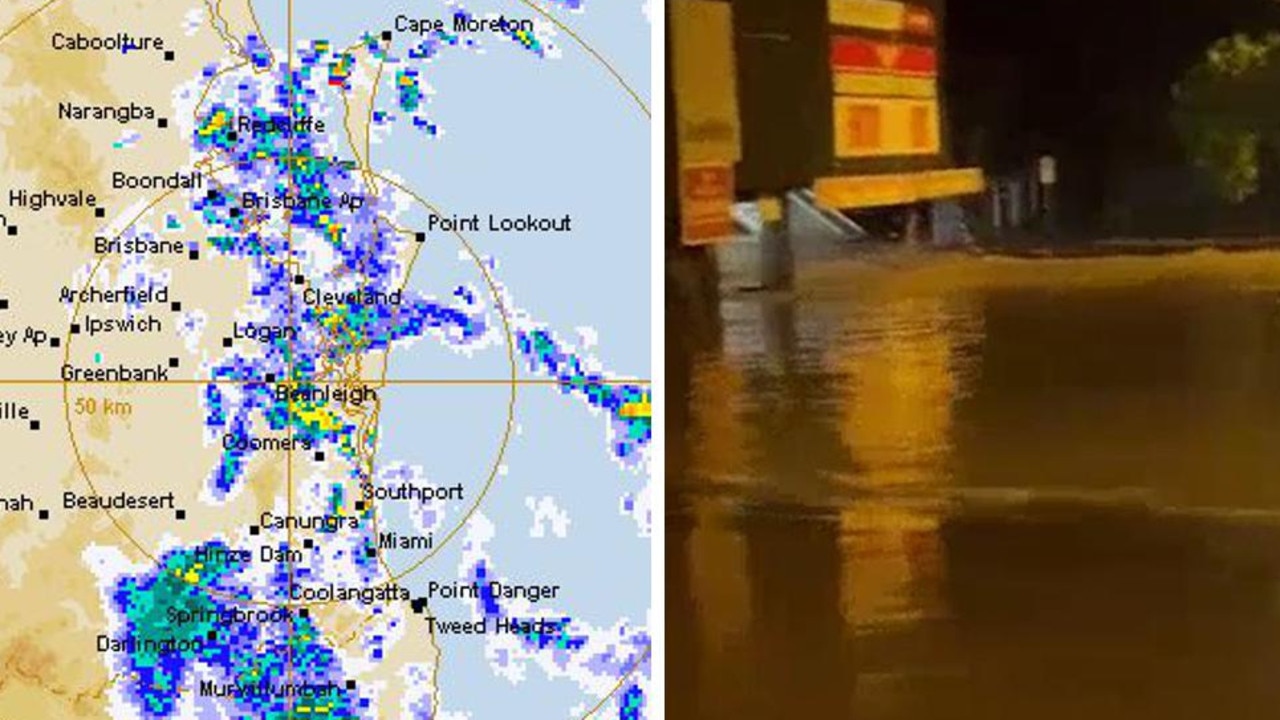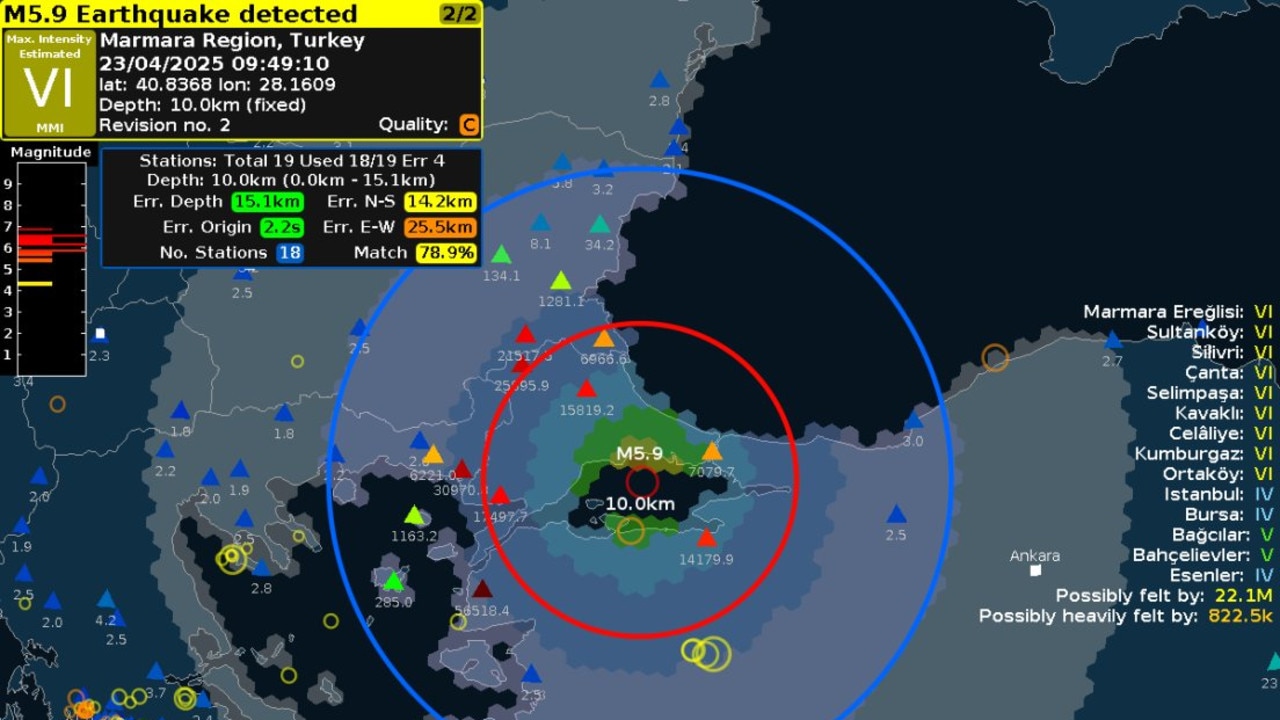Direct Action Plan: What is Tony Abbott’s climate change policy
THE country is about to change. Today, a historic piece of legislation is expected to pass Parliament. Here’s what you need to know.
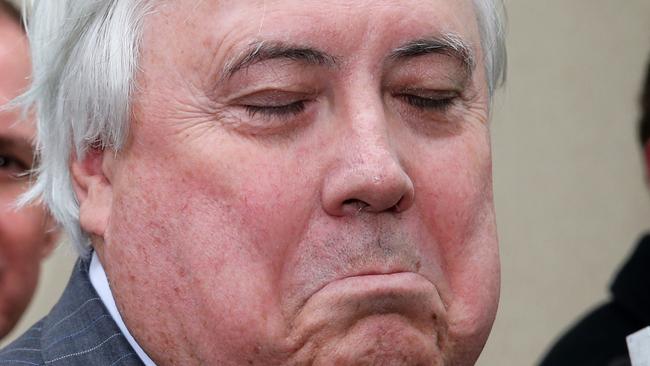
AUSTRALIA may soon have a new climate change policy after the Abbott Government announced a deal with the Palmer United Party yesterday.
The plan is expected to pass the Senate today — because the government is forcing the chamber to sit until a vote is taken on its policy.
So, what does it all mean?
You may have heard of ‘Direct Action’
This is the name of Tony Abbott’s carbon reduction scheme, which he wants to replace Labor’s hated carbon tax. The government needs this plan because it has agreed to cut Australia’s carbon emissions to 5 per cent below 2000 levels by 2020.
The centrepiece of the plan is the Emissions Reduction Fund.
RELATED: Abbott gets climate action after Palmer backflip
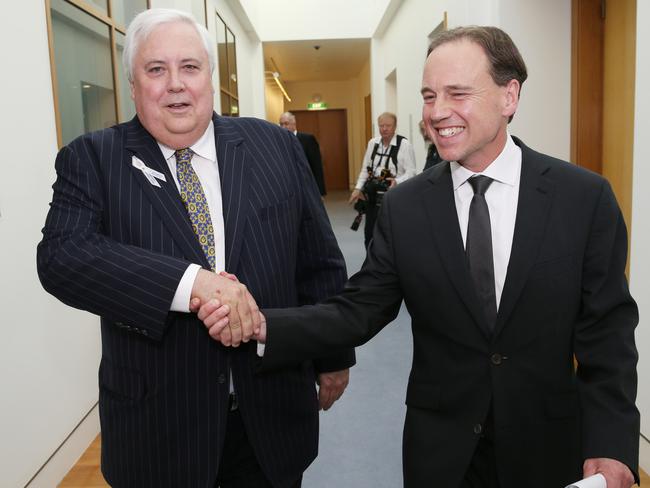
This fund will cost $2.55 billion over four years and it will pay businesses, community organisations, local councils or any other member of the community, to reduce their carbon emissions.
In order to get the money, interested parties will be able to register projects they believe will lower their emissions.
They will then participate in a ‘reverse auction’, where they can compete with each other to win a contract from the government and secure funding for their project.
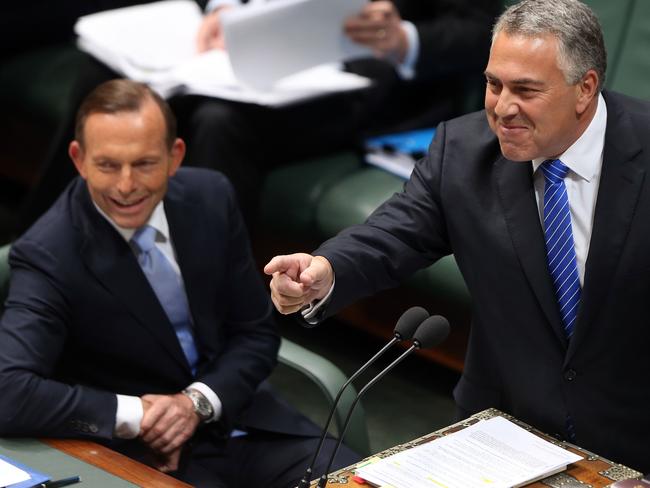
The winning tenderers will be paid by the government to implement their projects.
The government has said that this is the cheapest way to reduce carbon emissions. But the Greens believe the policy is a joke and will not work to reduce emissions as polluting companies will not have to participate.
Prime Minister Tony Abbott has not said whether he will put more money into the fund if it fails to reach the 2020 emissions reduction target.
Your country needs you: Abbott’s Green Army
The Coalition also plans to create an “army” of 15,000 young people who will be paid a small allowance to complete environment-related projects.
It has been modelled on former Prime Minister John Howard’s Green Corps program in 1996.
Activities could include planting trees, restoring and rejuvenating bushland, revegetating sand dunes, cleaning up riverbanks and weed control.
Only people aged 17-24 years old will be eligible to join the group, and they will be paid a training allowance. Their work will also count towards a Certificate 1 or 2 in land management, park management, landscaping or horticulture.
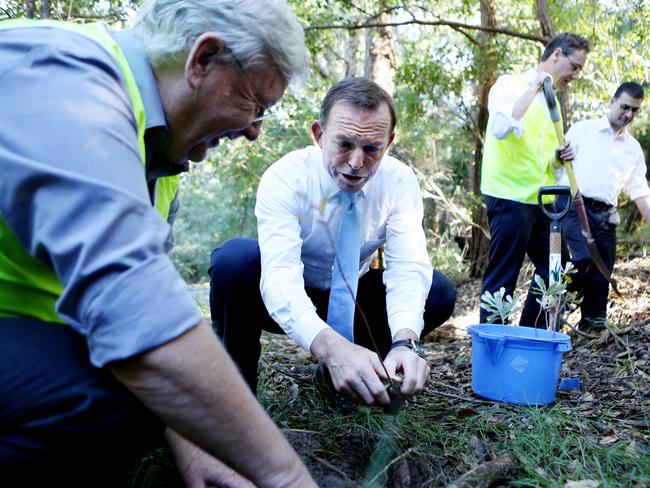
The army is expected to cost $50 million in its first year, with an estimated 250 projects completed.
By 2018-19, the government hopes that 15,000 will volunteer for the army, completing 1500 projects and costing $300 million over a four-year-period.
Deal or no deal?
The Abbott Government has been cutting deals all year with Clive Palmer on climate change policy, getting his help to axe the carbon tax in June.
Back then Mr Palmer blasted the government’s $2.55 billion Direct Action Plan as a waste of money.
But the government has been desperate to implement the plan, which it promised to do within a fortnight of repealing the carbon tax, but it has not been able to get the plan passed in the Senate.
Yesterday, it finally managed to get the Palmer United Party on board, as well as independent senators John Madigan and Nick Xenophon.
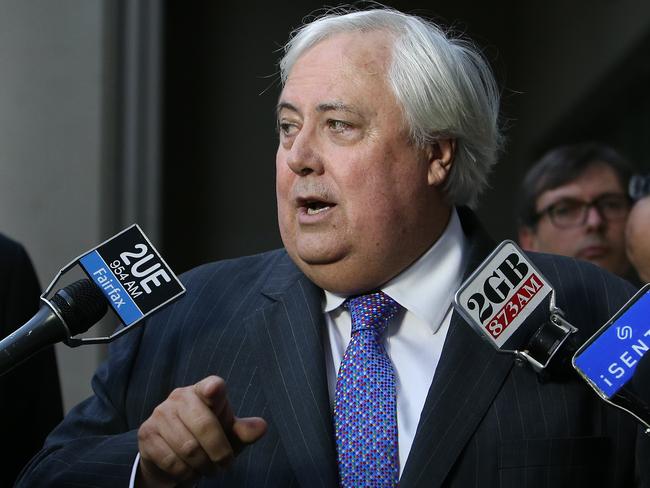
However, it had to promise to keep the Climate Change Authority, which it had promised during last year’s election campaign to dump.
The authority will spend the next 18 months investigating an emissions trading scheme, which the government had also said previously that it would never implement.
The Clean Energy Finance Corporation will also remain.
The government is also in talks with Labor to scale back the Renewable Energy Target, which requires 20 per cent of Australia’s energy use to be sourced from renewable energy such as solar, wind and hydro, by 2020.

